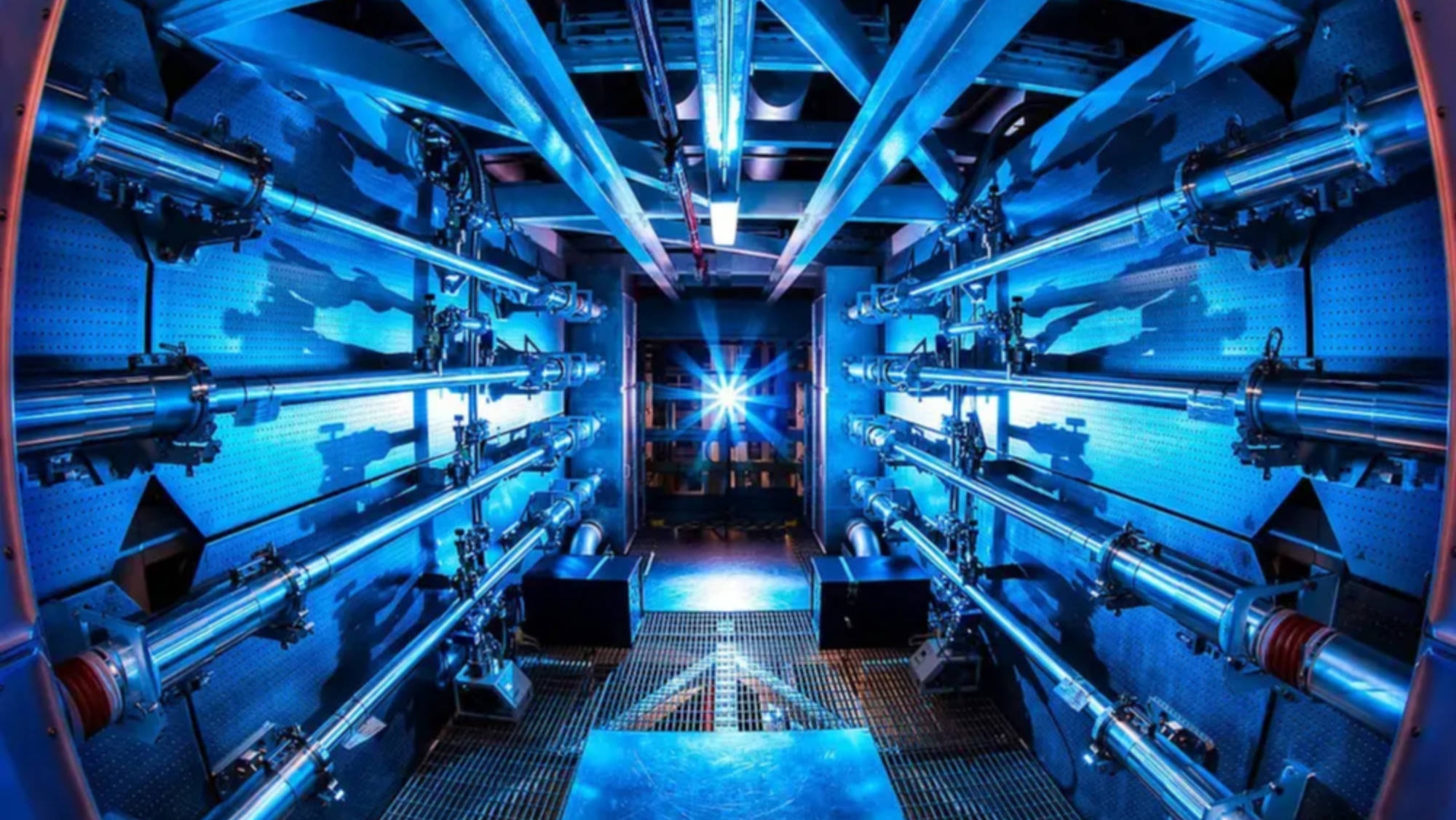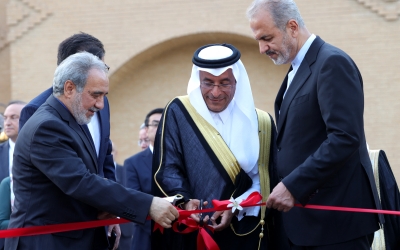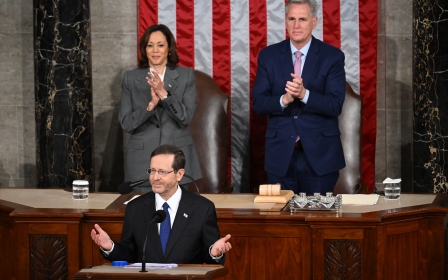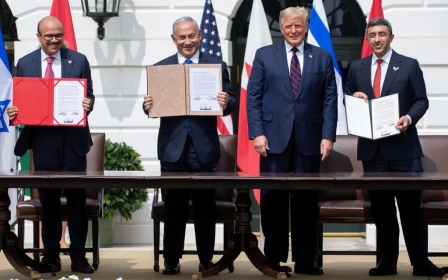Saudi Arabia: Israel will not block civil nuclear programme, says official

Israel will not necessarily oppose an agreement that would allow Saudi Arabia to enrich uranium for research purposes, according to Israeli national security adviser Tzachi Hanegbi.
One of Riyadh's key conditions on normalisation of relations with Israel is help from the United States to create a civil nuclear programme, according to reports.
Hanegbi told public broadcaster Kan on Monday that Israel's consent was not needed for such a move.
"Egypt and the [United Arab] Emirates operate nuclear research centres and these are not dangerous," he said.
"Dozens of countries operate projects with civilian nuclear cores and with nuclear endeavours for energy. This is not something that endangers them nor their neighbours."
New MEE newsletter: Jerusalem Dispatch
Sign up to get the latest insights and analysis on Israel-Palestine, alongside Turkey Unpacked and other MEE newsletters
Though the security adviser's comments focused on a civilian nuclear programme, Riyadh has previously talked up its desire to develop a nuclear bomb.
In March 2018, Saudi Crown Prince Mohammed bin Salman said: "Saudi Arabia does not want to acquire any nuclear bomb, but without a doubt, if Iran developed a nuclear bomb, we will follow suit as soon as possible."
Since then, regional foes Riyadh and Tehran agreed to re-establish diplomatic relations after trilateral talks in Beijing earlier this year.
Ministers reject Palestinian concessions
US officials travelled to Saudi Arabia last week to advance talks to normalise relations between Riyadh and Israel.
President Joe Biden said on Friday that rapprochement was "maybe under way".
In 2020, Israel established diplomatic relations with the UAE, Bahrain, Morocco and Sudan as part of the so-called Abraham Accords brokered by then US President Donald Trump.
Palestinians have denounced the agreements, which they say violate a longstanding Arab League position that relations with Israel should only be normalised in exchange for a Palestinian state.
Riyadh has maintained it will not normalise ties until Palestinians are granted statehood.
"I can identify with what the United States president said in an interview a few days ago, where he said that the road is still long but that he thinks there will be a possibility of progress," Hanegbi added.
"I can say that Israel will not give in to anything that will erode its security."
Israeli Foreign Minister Eli Cohen told Channel 12 on Monday that Israel was "the closest it has ever been to a peace agreement with Saudi Arabia", adding that he expected a deal to be announced by next March.
But members of the Israeli government's far-right coalition have rejected concessions towards Palestinians as part of an agreement.
"We certainly won't agree to such a thing," Orit Strock, national missions minister, told Kan.
Far-right National Security Minister Itamar Ben Gvir told Israel's Army Radio that he supported normalisation deals with Arab countries, but opposed concessions.
"If this deal includes concessions to the [Palestinian] Authority, handing over territory, arming the Authority or giving... terrorists power then I surely object," he said.
Middle East Eye delivers independent and unrivalled coverage and analysis of the Middle East, North Africa and beyond. To learn more about republishing this content and the associated fees, please fill out this form. More about MEE can be found here.





